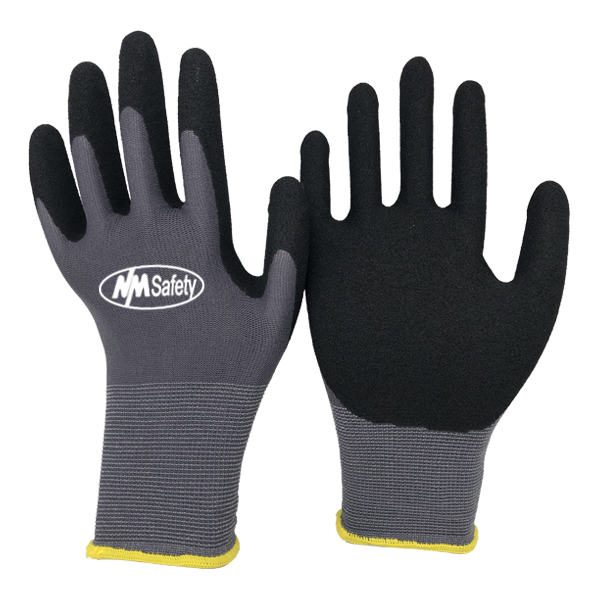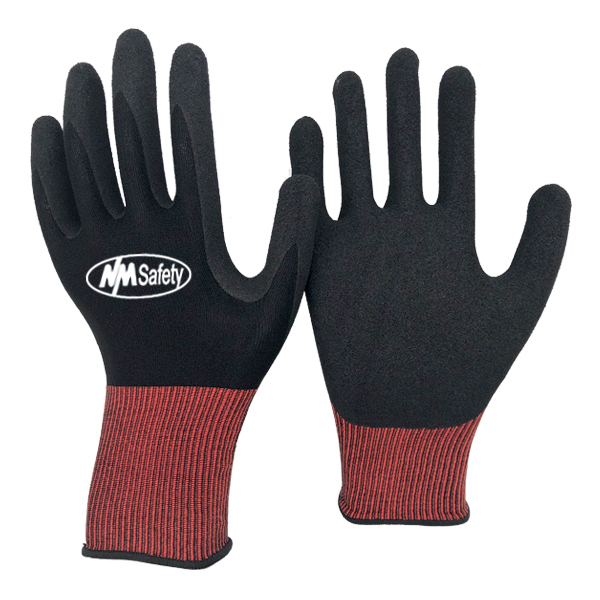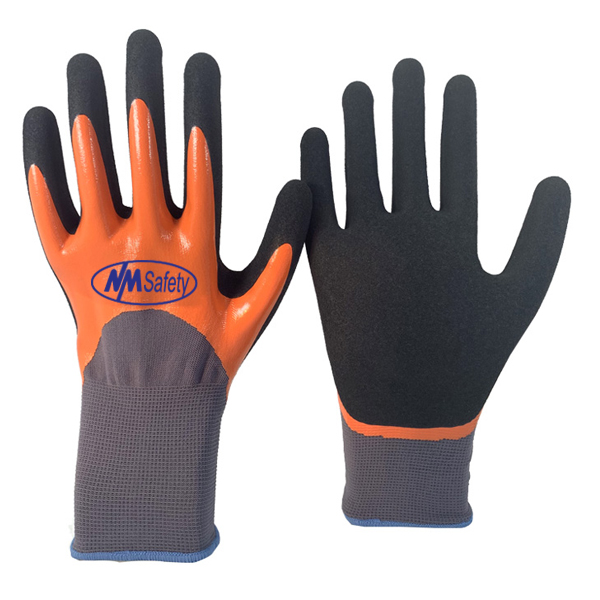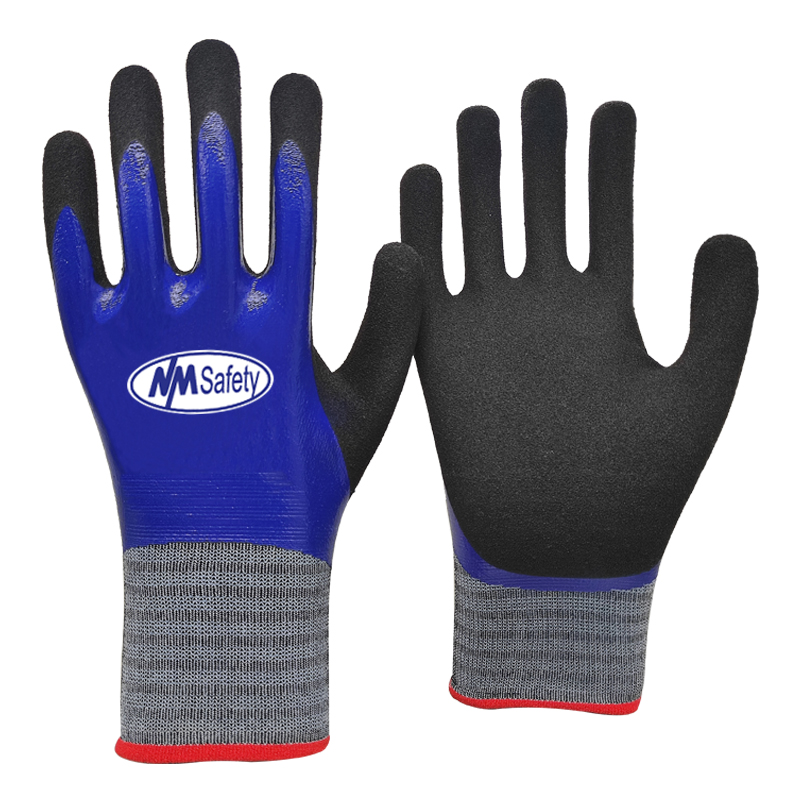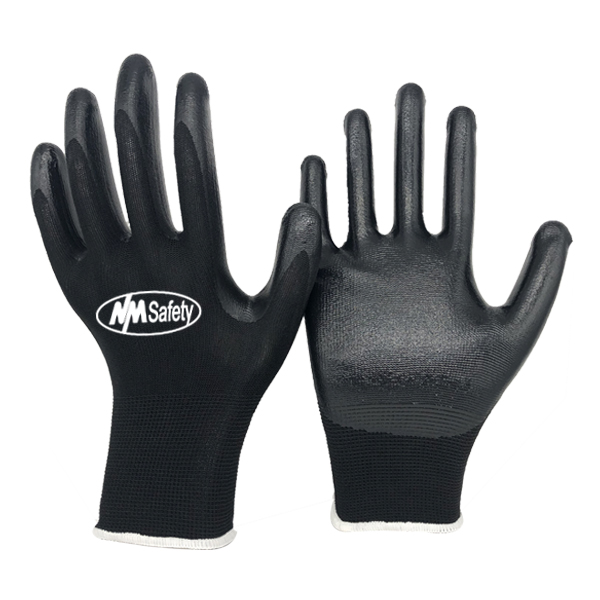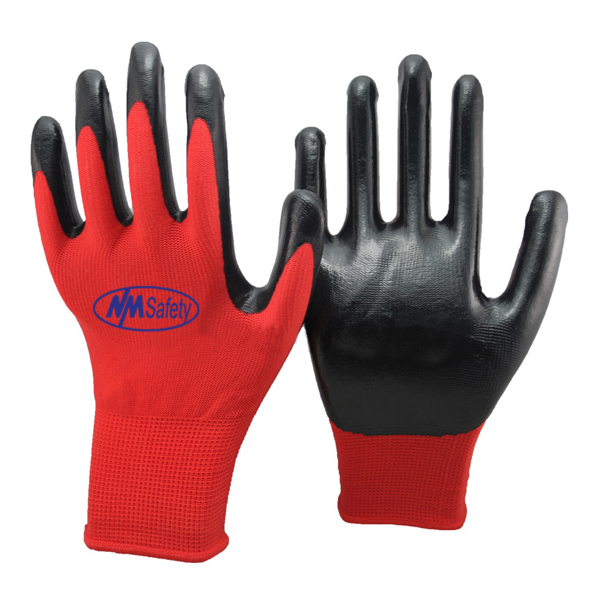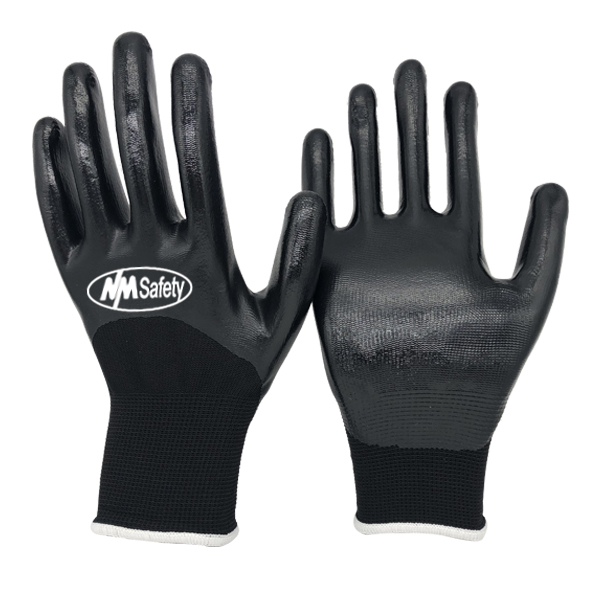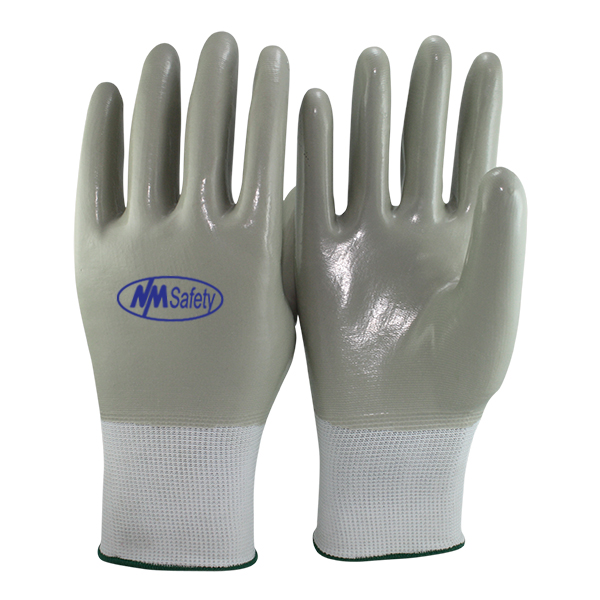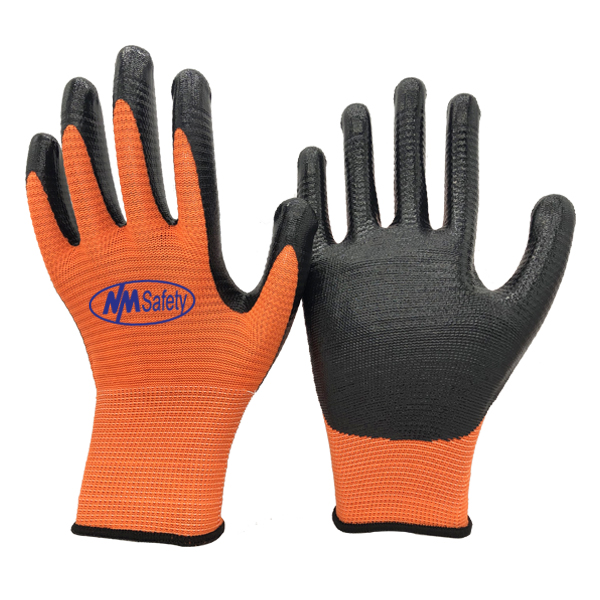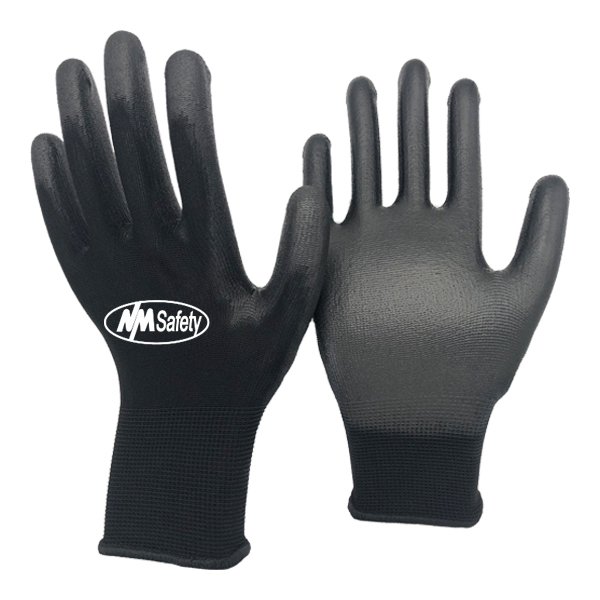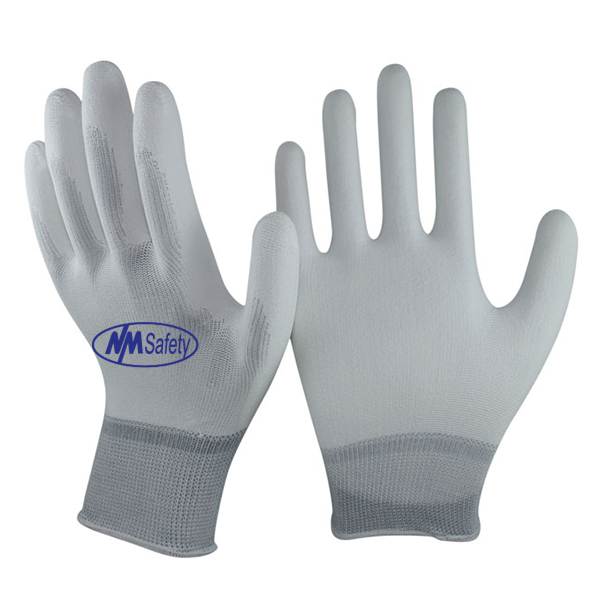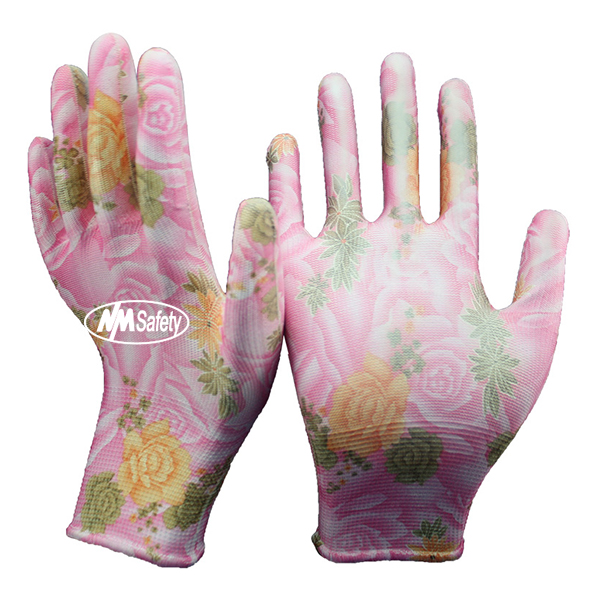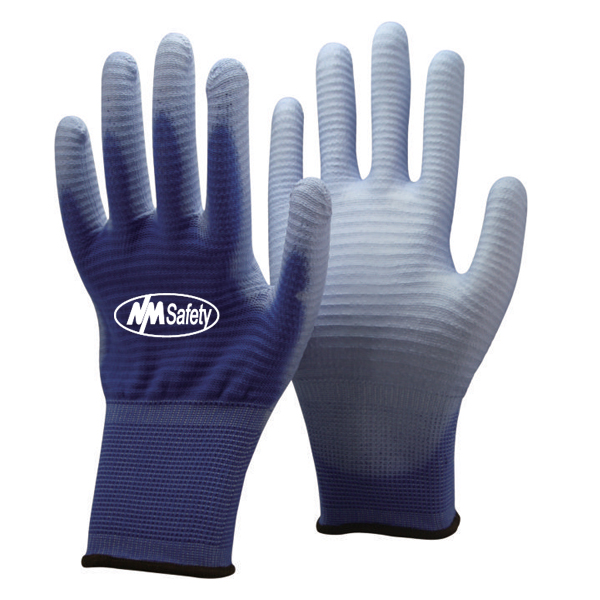Garden Gloves
Category
Industry
lf you can't find the product you need, please Email Us and we are happy to help.
What Are Garden Gloves?
Garden work gloves are used to keep your hands safe when working in the garden or in the yard. One of the finest elements of the garden for some people is the wonderful sensation you get when you put your hands in rich soil. Bullets, thorns, and bug bites are all painful. If you're cutting roses, you'll want something firm and knotted. Everyone likes them, but wearing gloves in the garden is necessary to avoid thorn pricks, splinters, and painful blisters. The sort of gardening glove you pick, though, is just as crucial. At NMSafety- you are offered a variety of these gloves from economical to expensive that will protect you against a variety of hazards as we are the best garden glove suppliers.
Key Role These Gardening Gloves Play:
Gardeners use gloves for a variety of purposes, including Hands and fingernails should be kept clean and dry. Blisters and calluses should be avoided.
Defense against Cut & Wounds:
Cuts and scrapes should be avoided, or existing cuts and scrapes should be protected against infection. Protect yourself from bug bites and stings herbicides, pesticides, and fungicides that can all be detrimental to the skin.
Sporotrichosis:
Sporotrichosis, often known as rose picker's disease, is a fungal infection that produces skin ulcers and sores. Infected rose thorns or sphagnum peat moss are commonly used to spread the illness. This illness can be avoided by using gardening gloves. Only a good garden glove supplier can provide you with the exact product quality.
Pros And Cons Of Different Materials While Using Them As Your Gardening Gloves:
When it comes to gardening gloves, the fit is crucial. If possible, try on the gloves to make sure they fit snugly enough that they don't slip off, but not so tightly that you can't perform the chores you need to accomplish in the garden. You should also choose the appropriate gloves for the jobs you want to complete in the garden. The following are some of the many varieties of gardening gloves and their characteristics:
Cloth Gloves:
Cloth Gloves are the most popular and least priced type of glove. They are normally machine washable and made of knit jerseys or cotton. Their primary function is to keep hands clean, and they provide very little protection, although they are cooler and more breathable.
Advantages: Cloth gloves have the advantage of being affordable. They may be thrown in the washing machine and reused time and time again.
Disadvantages: In the event that your cloth gloves become wet, your fingertips will become chilly and clammy. Because they aren't as durable as tougher gloves, you'll have to change them more frequently.
Leather Gloves:
Leather gloves are more costly, but they are generally waterproof and provide superior protection against thorns, wounds, and scratches. Leather is commonly used to make rose gloves.
Advantages: Leather gloves are often sturdy, long-lasting, and moisture-wicking. Cowhide leather is extremely durable.
Disadvantages: The cost of leather gloves is higher than that of fabric gloves. They're also thicker than cloth (particularly when lined with wool or fleece), which might make dexterity difficult.
Rubber Coated Gloves:
Rubber Coated Gloves are the ideal gloves to use while working with chemicals like herbicides, insecticides, and fungicides. However, they can make your hands quite hot and sweaty, so if you have a latex allergy, you should avoid them. Buy from known garden gloves suppliers to get benefited.
Advantages: Rubber gloves have the advantage of being waterproof. They're also simple to clean simply leaving them on as you wash your hands, allowing the gloves to function as a "second skin."
Disadvantages: Rubber does not breathe, causing your hands to get clammy. It is also readily punctured. Latex allergy sufferers should avoid these gloves.
Neoprene or Nitrile Gloves:
Gloves constructed of neoprene or nitrile protect hands from chemicals, wounds, and scratches. They're also designed to be lightweight and breathable. They can still be punctured by terrible thorns, however.
Advantages: Nitrile-coated gloves can be washed in the washing machine. They cost less than leather gloves and are more durable than cotton gloves. They are a suitable option for folks who are allergic to latex.
Disadvantages: The permeable nitrile covering might allow dirt particles to soak through the surface, which is a disadvantage.
Disposable gloves:
Disposable gloves keep hands clean, dry, and germ-free, reducing the transmission of infection and protecting someone going out in public. If a person decides to wear gloves in public, it is critical that they do not touch their face, phone, or any other surfaces that they do not need to contact, and that they remove the gloves properly.
Our First Choice And Recommendations To You:
Anti-Bacteria Latex Palm Coated Gloves:
They are remarkable against germs resistance because of latex as this material is highly used in the prevention of infection. Bacteria and other microorganisms abound in your garden. Even a minor scrape or nick can easily become infected. Your garden is home to insects and snakes. If you reach into the ground and disrupt their house, they will bite you. Buy them from the best available garden gloves suppliers.
Polyester Nitrile Coated Gloves:
These gardening gloves are one of the top choices. Anyone who enjoys working in the dirt should invest in such a nice pair of gardening gloves. They will protect your hands from a range of threats outside, whether you are a serious gardener or just want to tinker on occasion. Your hands will remain dry due to the waterproof nature of these nitrile-coated gloves.
Conclusion:
Gardening Gloves protect your hands from a variety of hazards like thorns, dust, germs, and infections. In the garden, gloves with padding on the fingers, knuckles, and palms will keep you safe from thorns and prickles. Look for gauntlet gloves, which provide excellent arm protection when reaching into rose bushes, and buy your gloves now. We suggest you go with NMSafety when it comes to quality and upgraded protection as they’re one of the reliable garden gloves suppliers.
REQUEST A QUERY


